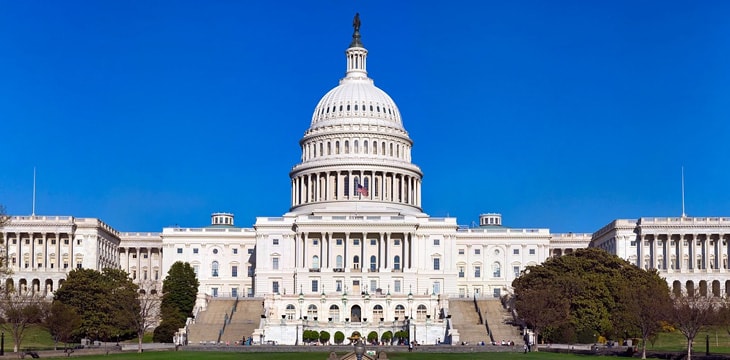|
Getting your Trinity Audio player ready...
|
The law division of the U.S. Library of Congress has published a report highlighting the discrepancies in the tax treatment of digital currency rewards between different jurisdictions, as part of its ongoing research into taxing digital currency.
The comparative analysis study, which runs to 124 pages, looks at the regulatory approach across 31 different countries, with a view to informing U.S. policy.
The report specifically looks into the taxation of mining block rewards, as well as the tax treatment of tokens gained from airdrops and blockchain splits.
The study found that while many of the jurisdictions have issued guidance for the treatment of mined tokens, few have addressed taxation of tokens earned from staking.
According to the report, this is an artefact of the more recent trend away from mining and mining rewards to proof of stake, where users commit digital currency assets to support the running of the network, in exchange for rewards.
Rep. Tom Emmer, who presented the report, said further guidance would be necessary in the U.S. in order to support the development of the sector.
“In order for these technologies to thrive and reach their revolutionary potential we must have the knowledge and organizational landscape of the approaches to regulation.”
Abraham Sutherland of the Proof of Stake Alliance said the issue of taxing digital currency earned through staking would determine the appeal of different jurisdictions in future.
“How nations tax the people who maintain cryptocurrency networks will obviously have a big effect on attracting or repelling innovators and investment. The results are all over the board.”
Arguing tokens should be taxed when they are sold, rather than at the point of first acquisition, Sutherland said it was a “critical first step” to determine with certainty when the tax burden falls due.
“This will both reduce administrative headaches and ensure that people are not overtaxed.”
See also: CoinGeek Live panel, Regulation of Digital Assets & Digital Asset Businesses

 02-04-2026
02-04-2026 




